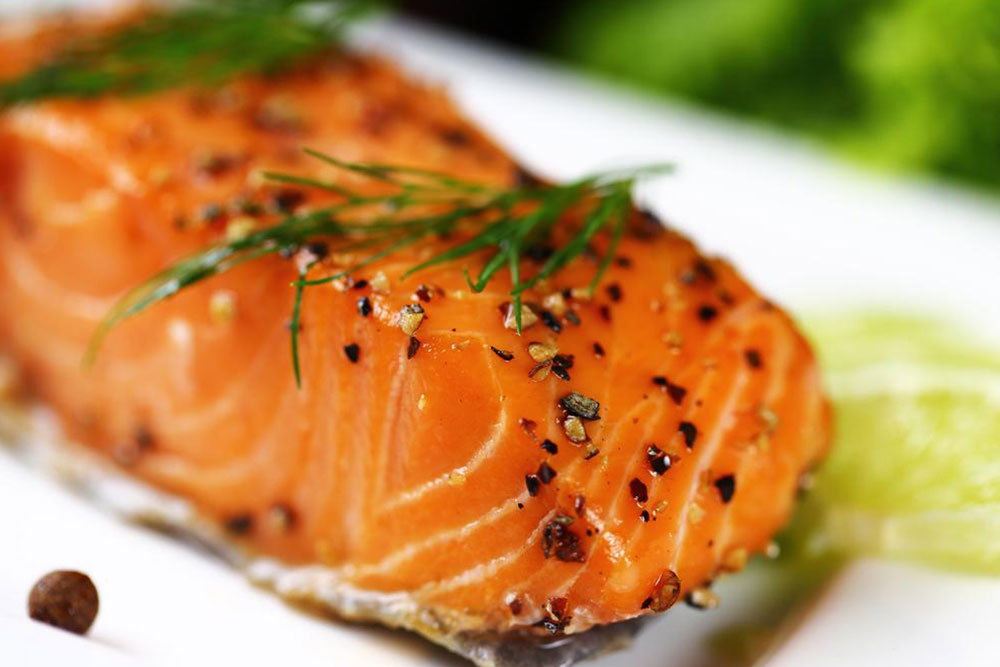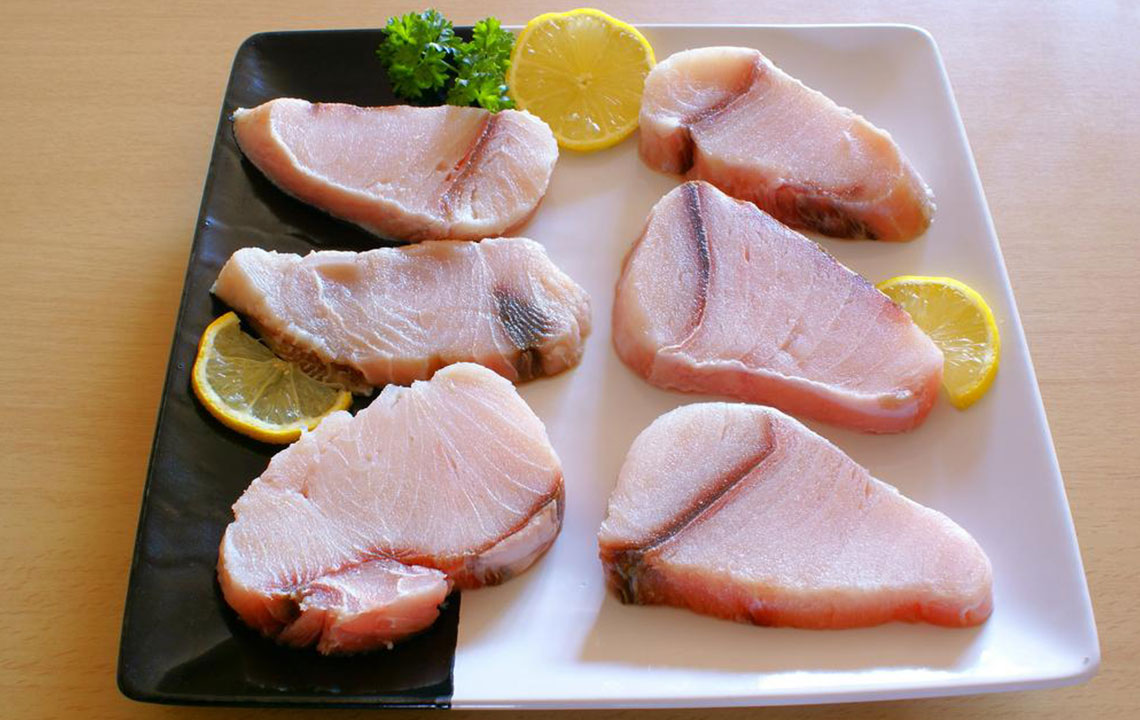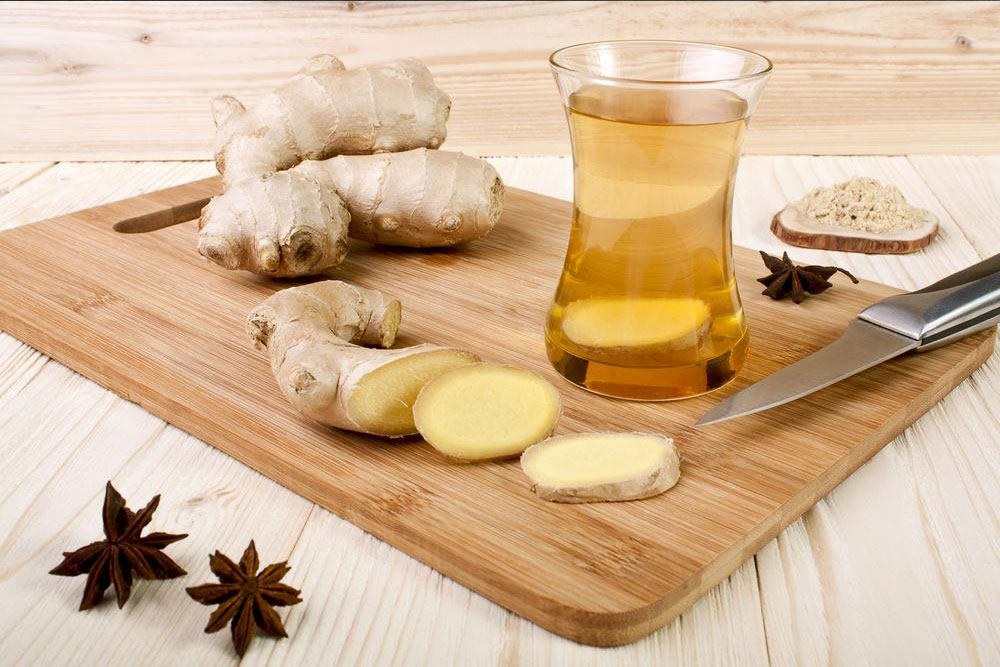The Crucial Role of Protein-Rich Foods in a Healthy Diet
Discover the importance of high-protein foods and their role in promoting muscle growth, weight management, and overall health. Learn about protein sources suitable for vegetarians and non-vegetarians, and understand how they support bodily functions. Incorporate protein-rich items into your diet for better immunity, brain health, and stronger bones. This guide emphasizes the significance of a balanced, high-protein diet for a healthier lifestyle, suitable for all age groups and activity levels.

Understanding the Significance of Protein-Rich Foods
Proteins are large, complex molecules made up of long chains of amino acids. They are vital for numerous bodily functions, including DNA replication, metabolic enzyme activity, response to stimuli, and molecule transportation. Amino acids, the building blocks of proteins, must be obtained through our diet from sources like dairy, meat, pulses, vegetables, and grains. The nine essential amino acids vary in requirement based on age, sex, activity level, and health conditions.
Different amino acids perform specific roles in health, such as disease prevention and treatment of obesity, diabetes, infertility, cardiovascular issues, and neurological disorders. For example, glycine and glutamine help in nutrient metabolism and transport. Proteins, like carbohydrates and fats, are macronutrients necessary in larger amounts for overall health; they support bodily functions and tissue repair.
Why Protein Is Essential
Proteins are crucial for growth, maintenance, and development across the body. A deficiency can cause health problems like poor metabolism, weakened immunity, low muscle mass, blood sugar fluctuations, poor sleep, fatigue, and concentration issues. The Recommended Dietary Allowance (RDA) for protein is about 0.8 grams per kilogram of body weight daily, with average needs of 46 grams for women and 56 grams for men, depending on activity levels.
Benefits of Consuming High-Protein Foods
Supports muscle development, especially after resistance training, aiding repair and growth.
Helps in weight management by promoting satiety and reducing overeating.
Regulates blood sugar levels by slowing carbohydrate absorption, decreasing diabetes risk.
Boosts brain function through a steady supply of amino acids, improving focus and concentration.
Strengthens bones with nutrients like calcium and magnesium, reducing osteoporosis risk.
Sources of Protein
Pulses: beans, chickpeas, lentils, soy.
Dairy: milk, cheese, yogurt.
Whole grains: brown rice, wheat bread.
Seeds: almonds, chia, hemp, pumpkin.
Nuts: cashews, peanuts, pistachios.
Animal products: eggs, fish, poultry.
Animal-based proteins are complete, providing all essential amino acids, but vegetarians can source high-quality protein from oats, spinach, lentils, broccoli, and nuts. Additionally, supplement options like protein powders and bars are popular among athletes and fitness enthusiasts. Regular protein intake is vital for a healthy body, and including a variety of sources ensures optimal health. Embracing a high-protein diet benefits overall well-being and physical performance.










